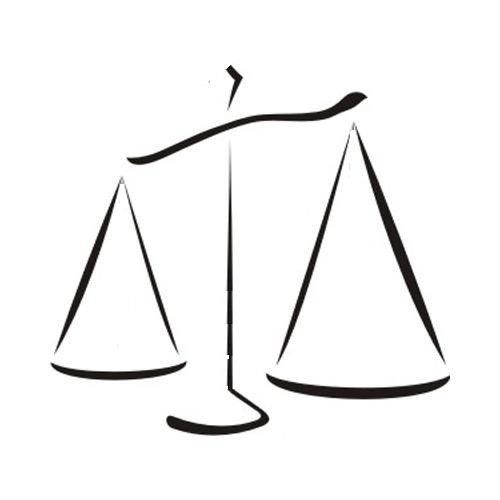Best Bankruptcy & Debt Lawyers in Skopje
Share your needs with us, get contacted by law firms.
Free. Takes 2 min.
List of the best lawyers in Skopje, North Macedonia
About Bankruptcy & Debt Law in Skopje, North Macedonia
The Bankruptcy and Debt law in Skopje, North Macedonia is designed to address situations where individuals or entities are unable to meet their financial obligations. It allows for the reorganization or liquidation of the debtor's assets to settle their debts. However, these processes can be leniant depending on the circumstances and can be legally complex, making counsel from a knowledgeable attorney vital.
Why You May Need a Lawyer
Dealing with financial distress or potential bankruptcy situations can be overwhelming and complex. There are several conditions where you may require legal help such as debt restructuring, legal representation in court sessions, understanding the legal implications of filing for bankruptcy, understanding what assets can be protected, and traversing the possible landmine of debtors' rights. A lawyer provides guidance, clarity, and creates an effective legal strategy based on your unique situation.
Local Laws Overview
Bankruptcy laws in Skopje, North Macedonia are addressed under the Law on Bankruptcy of Macedonia, constructed according to EU standards. The law emphasizes the need for a debtor to pay off their debts, either through the liquidation of their assets or by restructuring their payment plan. Proposals for a reorganization plan must be filed within three months after the starting day of the bankruptcy proceedings. The law also safeguards the rights of employees by ensuring they are among the first to be paid in the event of a company's insolvency.
Frequently Asked Questions
What does it mean to file for bankruptcy?
When you file for bankruptcy, you are legally declaring that you cannot pay your debts. This can involve liquidating your assets to pay your debts, or creating a restructuring plan.
What is the difference between insolvency and bankruptcy?
Insolvency is a financial state where one cannot meet their debts when they become due, whereas bankruptcy is a legal process initiated by an insolvent individual or business in order to obtain debt relief.
What is debt restructuring?
Debt restructuring is a procedure that involves adjusting the terms of a loan, such as the repayment schedule, interest rates, or the loan amount, to enable the debtor to pay off the debt.
Does filing for bankruptcy mean I will lose everything?
Not necessarily. Some assets may be protected (i.e. exempt from bankruptcy), such as tools you need for work, basic household goods, and others, up to a certain value.
Do I need a lawyer to file for bankruptcy?
While it is possible to file for bankruptcy independently, it is often recommended to hire a lawyer. The process can be very complex and legislative, so legal advice can prove invaluable.
Additional Resources
The Commercial Court Skopje and the Ministry of Justice Republic of North Macedonia can provide additional resources regarding bankruptcy proceedings. Various non-profit organizations and law firms in Skopje also offer free legal advice and assistance on the matter.
Next Steps
If you find yourself needing legal assistance in bankruptcy or debt matters, engage a legal professional or firm that specializes in these areas. Prioritize those with a good track record in Skopje, North Macedonia who understand the nuances of the local laws. Preparation is key, so gather as much of your financial documentation as possible. This will aid your lawyer in understanding your situation and forming a strategic, informed approach.
Lawzana helps you find the best lawyers and law firms in Skopje through a curated and pre-screened list of qualified legal professionals. Our platform offers rankings and detailed profiles of attorneys and law firms, allowing you to compare based on practice areas, including Bankruptcy & Debt, experience, and client feedback.
Each profile includes a description of the firm's areas of practice, client reviews, team members and partners, year of establishment, spoken languages, office locations, contact information, social media presence, and any published articles or resources. Most firms on our platform speak English and are experienced in both local and international legal matters.
Get a quote from top-rated law firms in Skopje, North Macedonia — quickly, securely, and without unnecessary hassle.
Disclaimer:
The information provided on this page is for general informational purposes only and does not constitute legal advice. While we strive to ensure the accuracy and relevance of the content, legal information may change over time, and interpretations of the law can vary. You should always consult with a qualified legal professional for advice specific to your situation.
We disclaim all liability for actions taken or not taken based on the content of this page. If you believe any information is incorrect or outdated, please contact us, and we will review and update it where appropriate.
Browse bankruptcy & debt law firms by service in Skopje, North Macedonia
Skopje, North Macedonia Attorneys in related practice areas.











